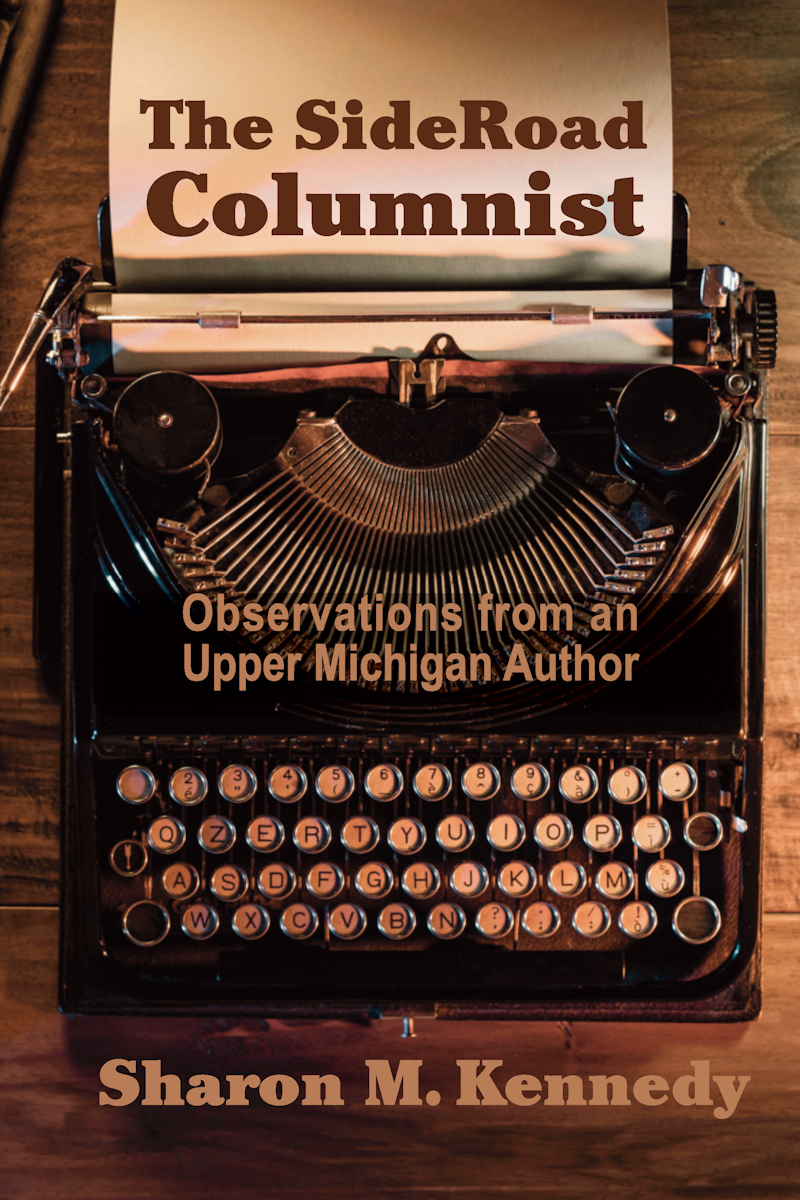By Sharon M. Kennedy
 In 1919, Supreme Court Justice Oliver Wendell Holmes, Jr. wrote this Opinion in Schenck v. United States: “The most stringent protection of free speech would not protect a man in falsely shouting fire in a theater and causing a panic….The question in every case is whether the words used are used in such circumstances and are of such a nature as to create a clear and present danger that they will bring about the substantive evils that Congress has a right to prevent.”
In 1919, Supreme Court Justice Oliver Wendell Holmes, Jr. wrote this Opinion in Schenck v. United States: “The most stringent protection of free speech would not protect a man in falsely shouting fire in a theater and causing a panic….The question in every case is whether the words used are used in such circumstances and are of such a nature as to create a clear and present danger that they will bring about the substantive evils that Congress has a right to prevent.”
The charge against Schneck was conspiracy to violate the Espionage Act of 1917. He was accused and convicted of causing insubordination in the military and obstruction of recruitment because he distributed leaflets urging the public to disobey the draft which he defined as involuntary servitude. The question before the Supreme Court was, “Did Schenck’s conviction under the Espionage Act for criticizing the draft violate his First Amendment right to freedom of speech.” The decision of the Court was unanimous. Free speech does not shield unlawful conduct under the Espionage Act [during wartime].
This Opinion from 125 years ago is the one most commentators quote when they say Trump’s words incited and encouraged a “danger” leading to an attempted overthrow of our government. However, in 1969, another case overturned the Schenck decision. Apparently, it’s no longer applicable today. How does this affect the immunity case against defendant Trump? It’s obvious his words incited the insurrection of Jan. 2021 that resulted in a number of deaths. Of course, he should serve time, right?
But wait a minute. The quote from Justice Holmes appears to give some weight to Trump’s defense because of the word “Congress.” Maybe I should be listening to oral arguments in Washington instead of concentrating on what’s happening in a New York criminal courtroom. Am I being hypnotized by a red herring while the Supreme Court is openly siding with the defense?
Legalese is an awfully tricky language. Unless a person is formally schooled in it, it doesn’t make sense. Motions are granted or denied before a defendant knows what’s being allowed or refused. Papers are signed on the advice of a lawyer without a defendant having any idea what he’s signing. Unknown to first offenders is the fact that lawyers on both sides know exactly what’s going to transpire the minute they step into the courtroom. A poor schlep who hires someone incompetent or is provided with a lawyer by the court doesn’t stand a chance. He’s stitched up before opening statements.
At least six of the Supreme Court judges are prejudiced for Trump. After all, he appointed four of them, and it’s common knowledge that Justice Thomas, and perhaps even the Chief Justice, enjoy a lot of freebies from wealthy acquaintances. Freebies do not automatically smack of bribery, but in most “normal” cases, expensive gifts usually are worthy of a second look. Not so in U.S. v. Trump.
Why do we continue with these farcical Trumpian lawsuits? When the last gavel comes down, they’re not going to amount to much. They’ll either be dragged out until the Donald once again wins the Oval Office, or they’ll be dismissed on a technicality. Regardless of how they’re thrown out of court, thrown out they will be.
Judge Holmes’ father was a poet. Perhaps he was looking into the future and predicting a man like Trump would one day become President of the United States and quote his famous poem, Invictus: “I am the captain of my fate. I am the master of my soul.” Trump may ground the ship, but for sure, he’ll never relinquish control of it.









Schenck v. United States
By Sharon M. Kennedy
The charge against Schneck was conspiracy to violate the Espionage Act of 1917. He was accused and convicted of causing insubordination in the military and obstruction of recruitment because he distributed leaflets urging the public to disobey the draft which he defined as involuntary servitude. The question before the Supreme Court was, “Did Schenck’s conviction under the Espionage Act for criticizing the draft violate his First Amendment right to freedom of speech.” The decision of the Court was unanimous. Free speech does not shield unlawful conduct under the Espionage Act [during wartime].
This Opinion from 125 years ago is the one most commentators quote when they say Trump’s words incited and encouraged a “danger” leading to an attempted overthrow of our government. However, in 1969, another case overturned the Schenck decision. Apparently, it’s no longer applicable today. How does this affect the immunity case against defendant Trump? It’s obvious his words incited the insurrection of Jan. 2021 that resulted in a number of deaths. Of course, he should serve time, right?
But wait a minute. The quote from Justice Holmes appears to give some weight to Trump’s defense because of the word “Congress.” Maybe I should be listening to oral arguments in Washington instead of concentrating on what’s happening in a New York criminal courtroom. Am I being hypnotized by a red herring while the Supreme Court is openly siding with the defense?
Legalese is an awfully tricky language. Unless a person is formally schooled in it, it doesn’t make sense. Motions are granted or denied before a defendant knows what’s being allowed or refused. Papers are signed on the advice of a lawyer without a defendant having any idea what he’s signing. Unknown to first offenders is the fact that lawyers on both sides know exactly what’s going to transpire the minute they step into the courtroom. A poor schlep who hires someone incompetent or is provided with a lawyer by the court doesn’t stand a chance. He’s stitched up before opening statements.
At least six of the Supreme Court judges are prejudiced for Trump. After all, he appointed four of them, and it’s common knowledge that Justice Thomas, and perhaps even the Chief Justice, enjoy a lot of freebies from wealthy acquaintances. Freebies do not automatically smack of bribery, but in most “normal” cases, expensive gifts usually are worthy of a second look. Not so in U.S. v. Trump.
Why do we continue with these farcical Trumpian lawsuits? When the last gavel comes down, they’re not going to amount to much. They’ll either be dragged out until the Donald once again wins the Oval Office, or they’ll be dismissed on a technicality. Regardless of how they’re thrown out of court, thrown out they will be.
Judge Holmes’ father was a poet. Perhaps he was looking into the future and predicting a man like Trump would one day become President of the United States and quote his famous poem, Invictus: “I am the captain of my fate. I am the master of my soul.” Trump may ground the ship, but for sure, he’ll never relinquish control of it.